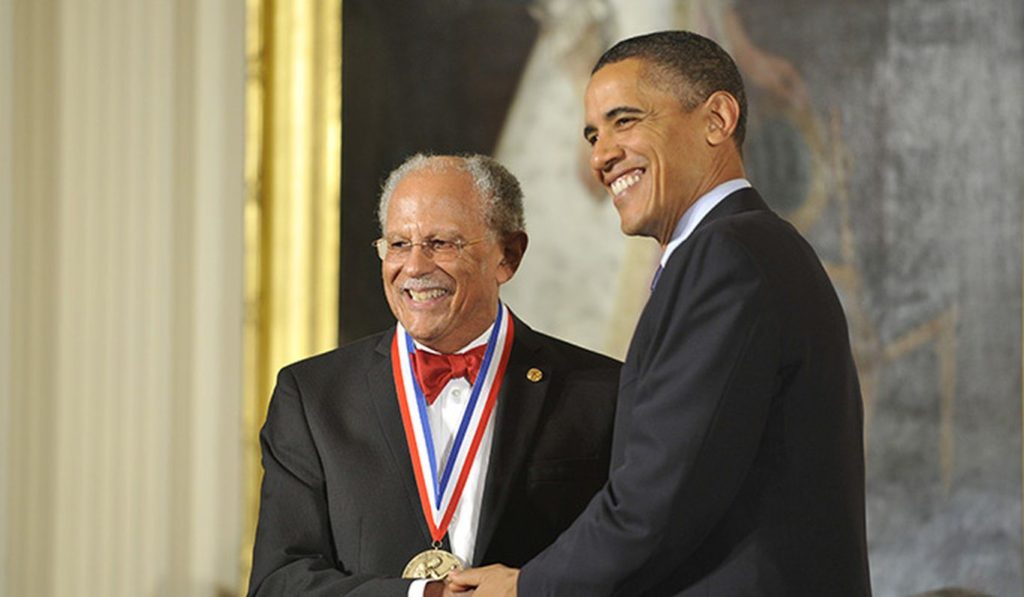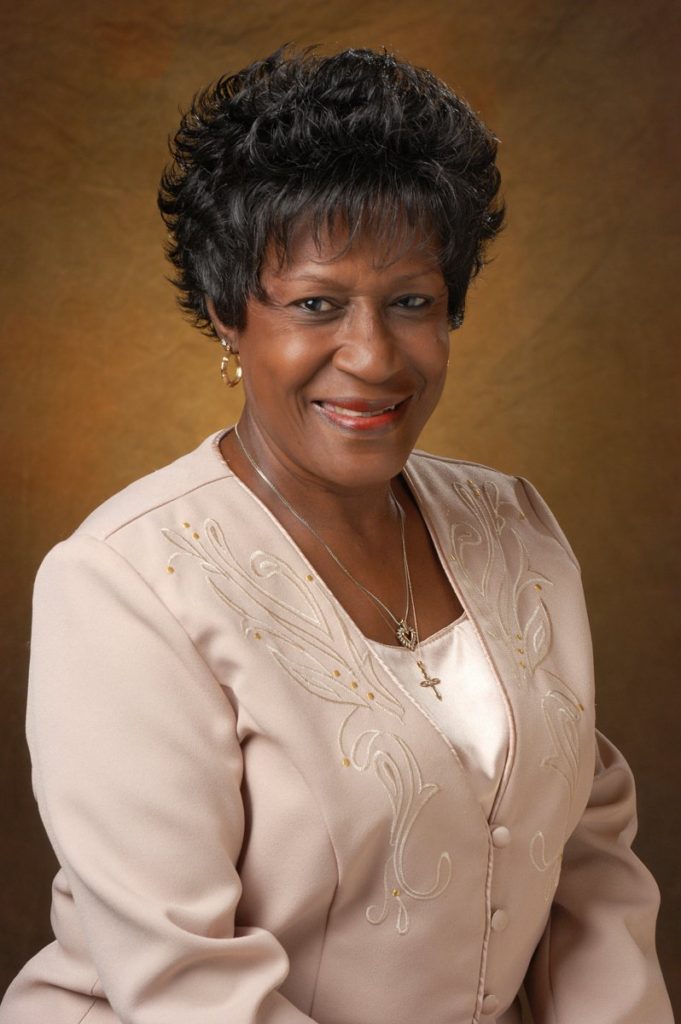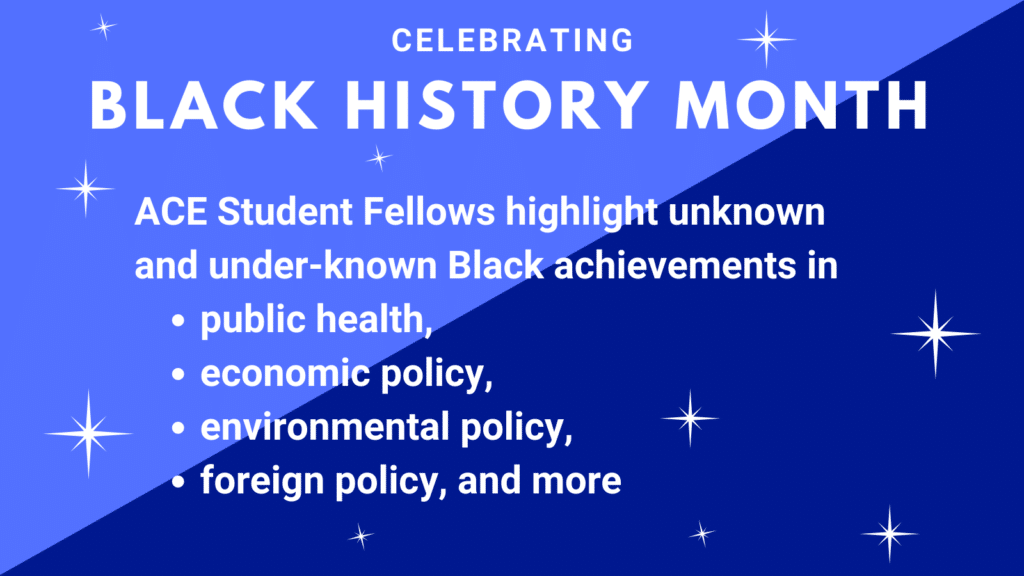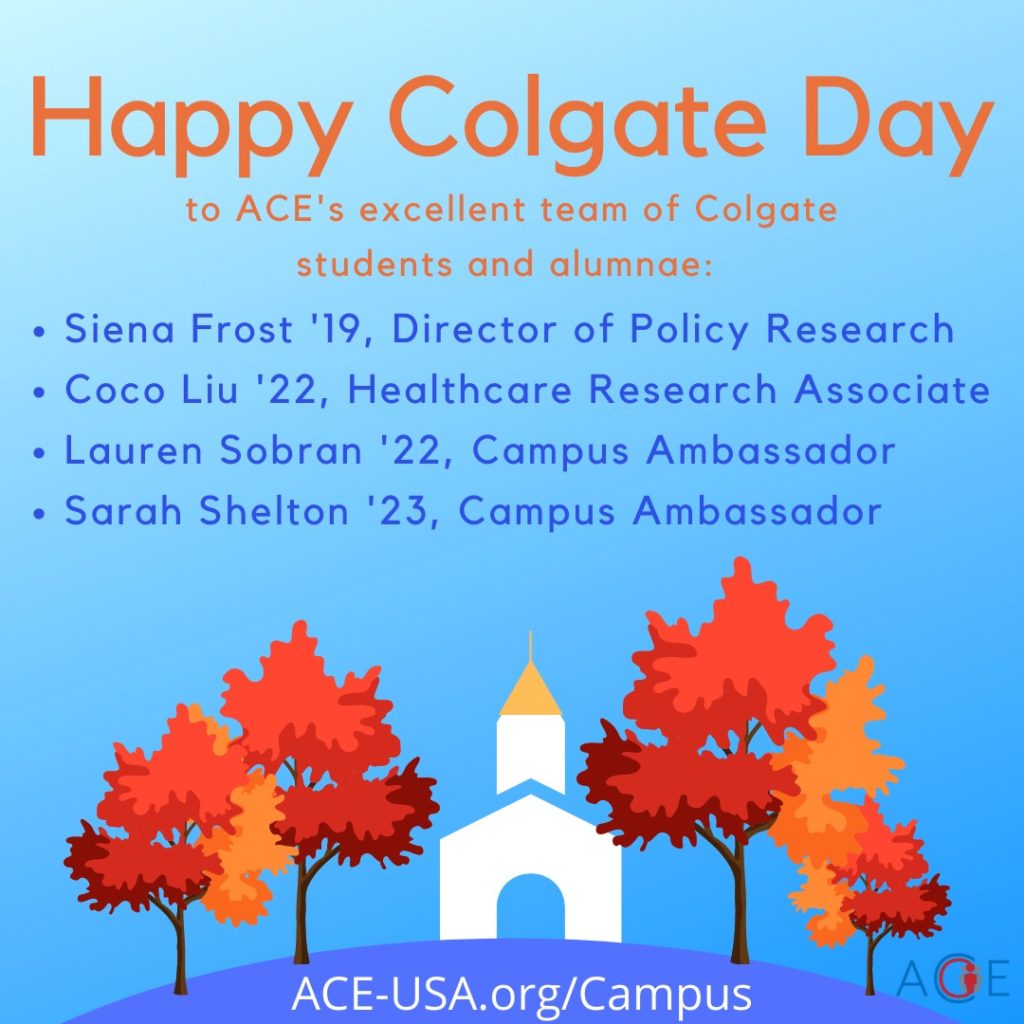The US Treasury imposed sanctions in July of 2020 on the Xinjiang Production and Construction Corps, or “XPCC,” which is a paramilitary, administrative, and economic organization controlled by the Chinese Communist Party. The XPCC has been blamed for using forced Uyghur labor in the Xinjiang territory, which falls in with the Chinese state’s numerous human rights abuses against Uyghurs, such as mass detention and forced sterilization. US economic sanctions on the XPCC have ramped up over the past year, including bans on cotton imports and key solar panel materials, as well as coordinated sanctions with international allies.
Alison O’Neil’s October 2020 article titled “What Could the XPCC Sanctions Mean for Xinjiang and the US?” explores the reasons behind these sanctions from the American and Chinese sides, and their potential consequences for the Sino-American relationship. Alison O’Neil is a recent graduate of the University of Notre Dame who majored in history and political science, minored in energy studies, and was a member of Women in International Security. She writes:
what are the ultimate implications of the XPCC sanctions if not the weakening of BRI infrastructure or even substantial divestment from Xinjiang cotton? At the end of the day, the sanctions still create one more sticking point in a fraught US-China relationship – a relationship that in one summer has already endured a pandemic, a consulate crisis, and pressure from ongoing, low-simmering geopolitical disagreements. Even if the July 31 sanctions “fail” to prevent cotton transfer between Xinjiang’s fields and America’s retailers, they still symbolize a bold stance against the XPCC and in favor of the Uighur cause. Meanwhile, the sanctions could strengthen existing ties between the US and its allies regarding China, representing a further point of common ground.
O’Neil’s article was written for Realist Review, which publishes analytical and open discourses on foreign policy by students and young professionals.







